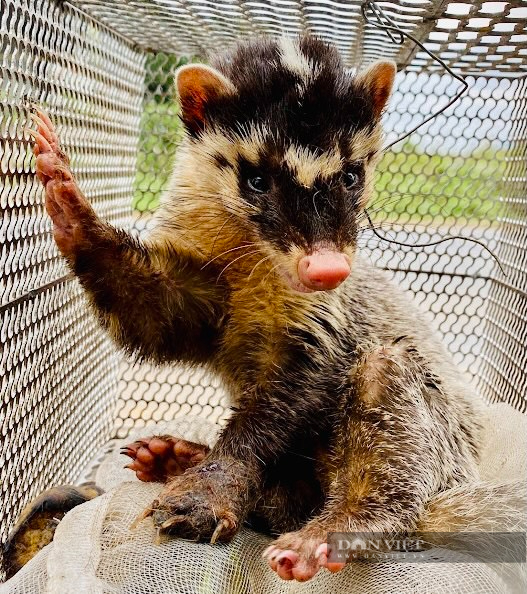
The Dan Viet Journalist group has witnessed the slaughter of real wildlife species through the virtual market for wildlife products on the internet.
For many banned products, which cannot be sold publicly on the market or advertised legally, it is understandable that the sellers would set up close groups or attempt to promote them in disguise to make profits. Given that the Covid-19 Pandemic has lasted for such a long time, virtual transactions have become more and more popular.
As long as we still consider the existence of these networks to be understandable and uncontrollable, the environmental and biodiversity consequences are inevitable.
Article 1: “Invisible Detonator” leads to big warehouse
A boss who sells everything from shotguns, “iron candies” (ammunitions), to animal traps as big as harrow teeth (bear traps, weightless boar traps), to all kinds of rare wild animals sold to restaurants, revealed that “detonators” are just messages on the internet, or “gentle” confided words on social networks. Then, buyers and traffickers get to know one another, exchange information, and gradually filter out the suspicious subjects such as the Police, Rangers, or Investigation Officers, and then make the transaction.
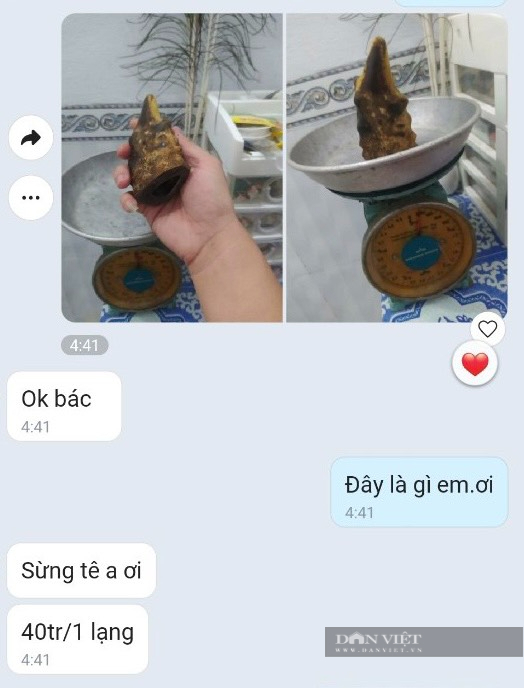
“Total warehouse” may be very large, but it can’t be sold at home, so it must be lured from the Internet in the most sophisticated way.
Paying money to “protect” the illegal hunting season
Sometimes, they would use the word “conservation” to replace “buy bushmeat”; On other occasions, they would use “pass hunting gear” to talk about a large stockpile of guns, with guarantees of “warrant, exchange, repair, supply accessories”. In some cases, upon arriving at the scene, the police would detect warehouses full of shotguns, more spectacular than in an action movie.
We play the role of the customers. The traffickers sell dozen types of hunting rifles and lethal guns, which can be easily secured by paying in advance.
The traffickers can disassemble the gun, gradually transferring it to a licensed transport unit (we call it “the post office”). Payment is made upon receiving each individual part. They even provide a video to give instructions on disassembling and operating the guns and a link address to track the order.
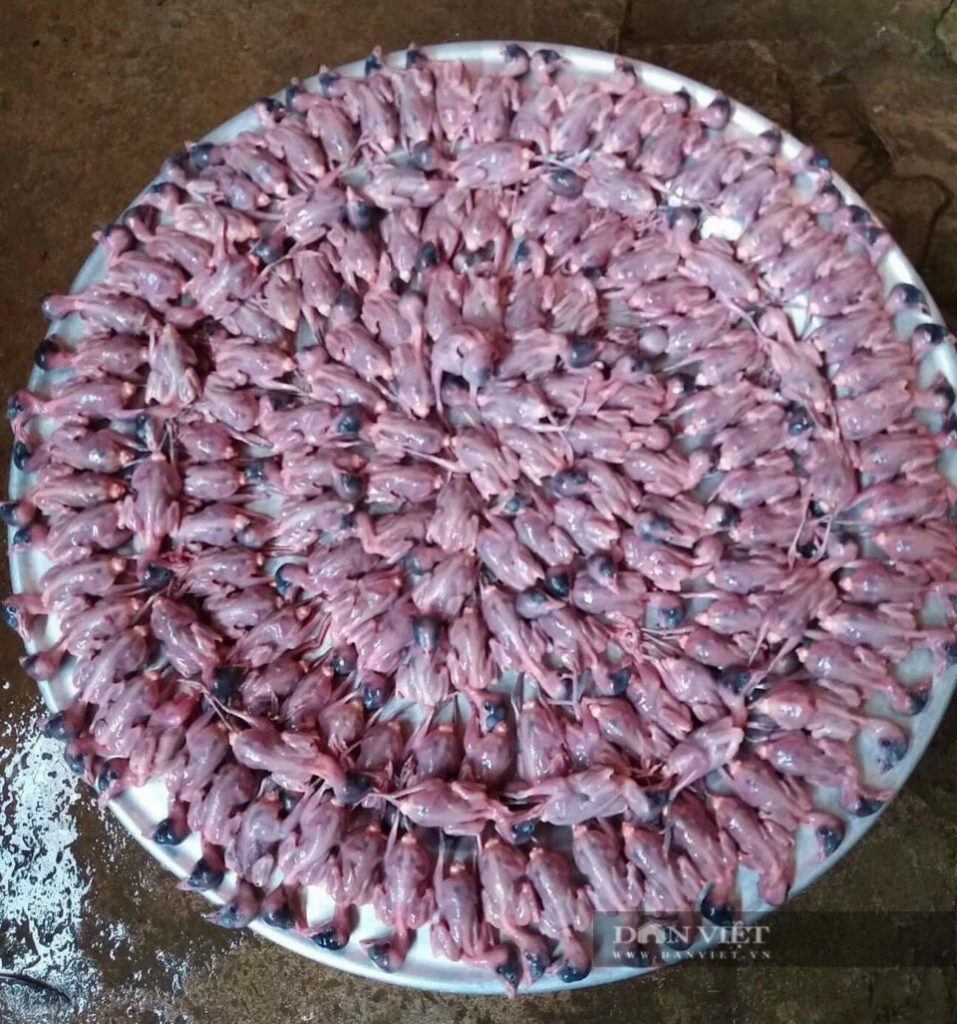
In Phu Tho, Yen Bai and the Northwest provinces, during the illegal hunting season (spring) in late 2021 and early 2022, we witnessed people carefree bringing large animal traps to sell at Mu Cang Chai market. Someone even brought home us to show us hunting guns.
We have seen pictures of red-faced monkeys and various precious bird species that have been shot down and “put in the stove”. Every now and then, the trafficker was caught by the police in the middle of a transaction. The guns were seized and both the trafficker and buyers were captured. Regardless of who has fallen, the other traffickers would still hunt and sell wild animals to restaurants and make a lot of money.
Thus, whenever their “goods” were transported by the hunters and passed through a checkpoint, they only needed to say “belonging to Mr. H” to get through. One rare-and-precious-bird hunter revealed that they used speakerphones run on electric batteries to lure birds in and caught them with dim nets, set up electricity traps across the Red River to capture all birds and fish. To avoid getting caught, they often had to “pay seasonal fees” to local authorities.
With the seasonal payment, they could freely catch fish for 3 whole months without visits and examinations from the local authorities to the vast water area and the two river banks.
Without the voice-recordings, footage, and images of the bloody cabins containing wild animals, we would never have believed in such a story.
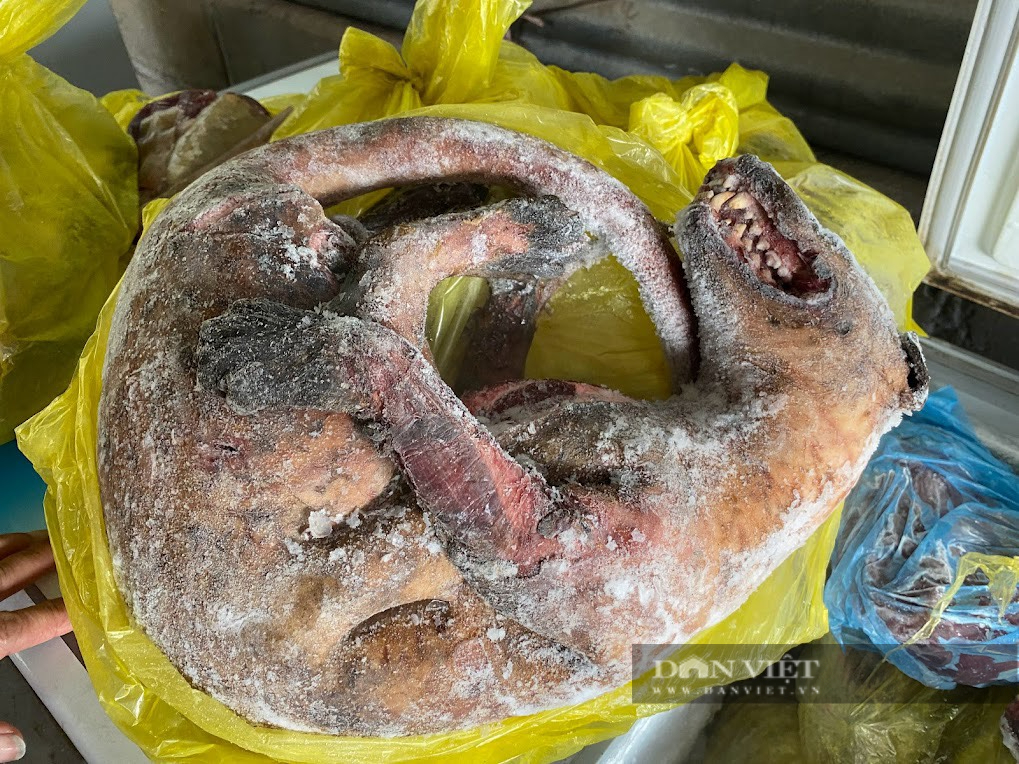
“Illegal goods” are sent legally and can be tracked online freely
After securing forest “goods”, they begin selling to different groups on social media. Immediately after disseminating the information, someone contacts them and makes the transaction. Usually, they only do transactions with familiar faces and only rarely do they connect with total strangers. One transaction can consist of up to 10 thousand wild birds.
Many traffickers are very cunning. They record a video of a recently captured civet soaked in blood and send the video to each familiar consumer or group on social media. When an animal is well and unhurt, they would snap its legs to make it look like a trapped animal so that the consumer will believe them.
The most common situation is that the traffickers will interconnect with one another to increase the rate of transactions nationwide, even internationally through transnational connections.
They would confirm the order then thank one another. They would roaringly share the confirmed online transaction so that the other members would trust them. They would even condemn one another for fraud.
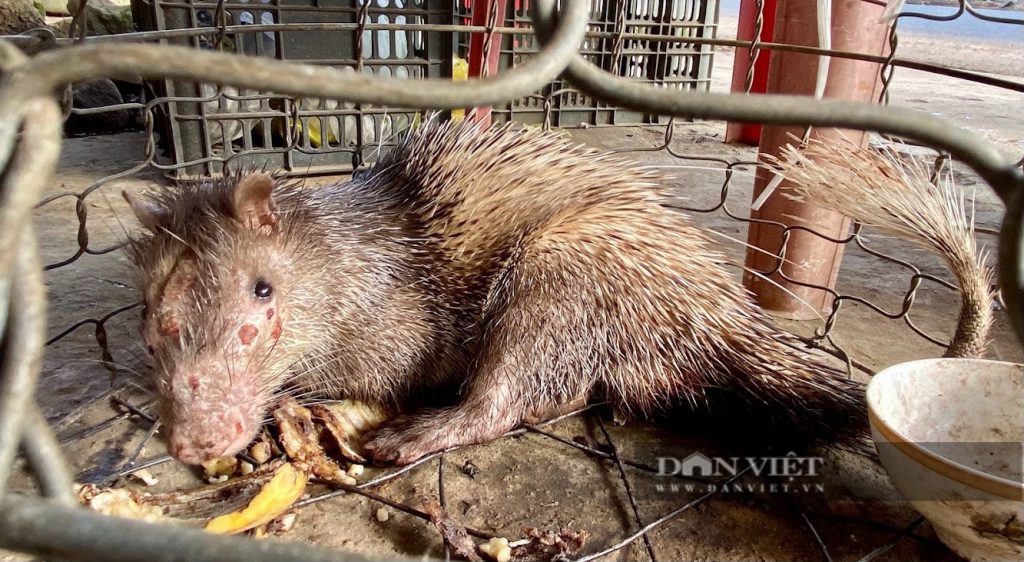
However, most of the traffickers know how to keep their reputation for long-term business. They will bring the goods online (this is the loophole in our management system) and guarantee having the exact kind of precious wild species. Whoever is interested can inbox them for further information.
Unfortunately, those goods that are banned from selling, capturing, and using are still being exchanged successfully by traffickers. The goods are even transported legally with location tracking through passenger cars, planes, or even by the post.
We are very surprised by this fact, as all the transportation agencies need to make a commitment not to violate the fight against wildlife trade. However, according to our expert observation, we have witnessed great success in transactions between buyers and sellers.
Because wildlife trade is not as strictly investigated as the field of banned goods such as military guns or drugs, the traffickers do not require the consumers to pay the total price of the goods in advance. Instead, they would ask the shippers (carriers or passenger cars, or even the post office) to collect the money for them. Thus, no one can fool the other. Due to this fact, they believe that their transaction resembles a sophisticated and efficient market.
In January 2022, we witnessed several wildlife species being caught, trapped, wounded, and sold publicly on big highways and restaurants in Quang Tri province.
We have tracked and thousands of giant hornbill and sandalwood beaks (a species from the same family as hornbill; hornbill beak can be three times more expensive than ivory of the same weight) arriving at the house of consumers in Huong Khe district, Ha Tinh province. This testifies to previously guaranteed shipping results that the traffickers have promised online.
An entire area of the cut-off heads and beaks of precious birds in the Red Book and the giant necks of birds coming from the fairy-tale books gradually appeared. In the same area, a lot of monkeys and langurs with long limbs are broken up into pieces to be served on the dining table and their bones are cooked.
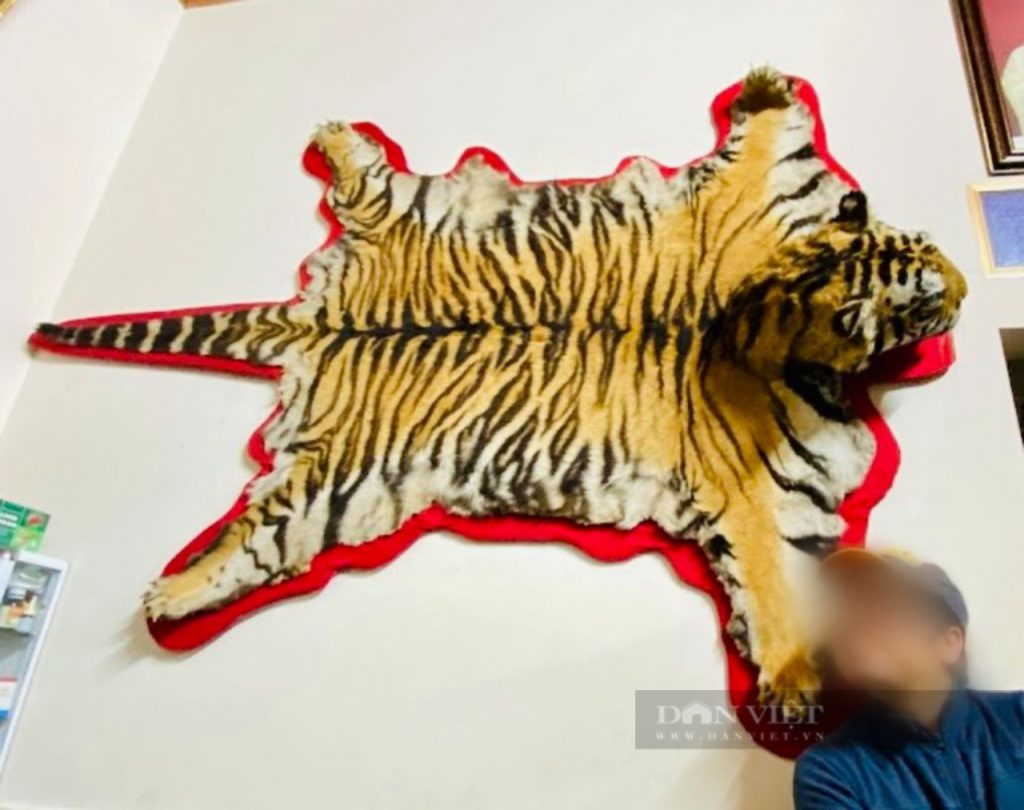
The primate skull bared its teeth and rolled its eyes, which looked like a human’s head. Their skulls were split wide open. The owner of the restaurant began to encourage the consumers to eat the brains of monkeys and langurs while they were still alive, with their hands praying to the consumers.
Set up tracks, track partners
One more common trick is that they would post videos containing the goods with voiceovers from the sellers. They even carried a majestic taxidermied bear that could talk to sell their goods. They took pictures of scenes when the bear’s tummy was cut wide open, the livers were separated to extract the big green bile and the bile was dried.
They even showed a whole floor with five to seven big tiger corpses being slaughtered and cooked for tiger bone glue to lure the customers. They arranged 50 sets of deer horns spread out on the floor and arranged processed tortoise species onto mountains. Then, they made up comments with high praises such as “The bone glue is delicious” or “The products are highly-credited”.
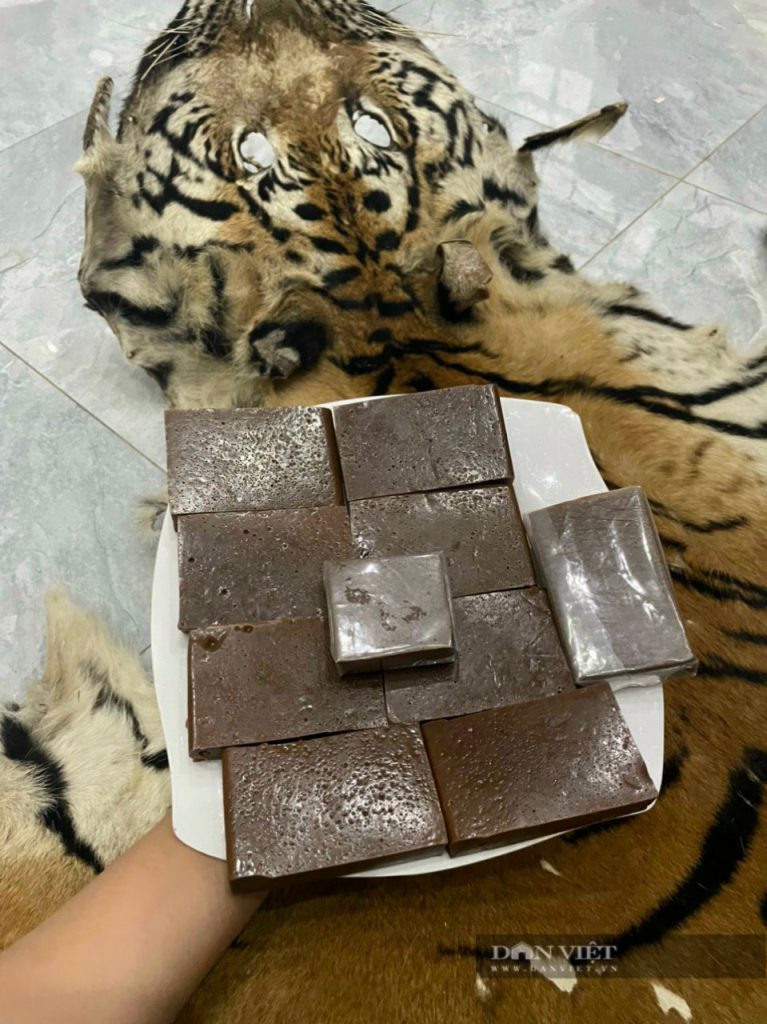
With the tricks, they could sell cheap products without the consumers realizing which bone they had bought. However, given the aforementioned scenes, it was certain that most consumers could never have witnessed such a thing in real life. Now, they could see vivid images and videos, chat and video call with the sellers. Many admitted that “even if they did not want to, they would have to believe it”.
To avoid being investigated by the authorities, exposed by the press, or captured after an arrest proposal, the traffickers created a rather high-security network.
Sometimes the traffickers in Quang Ninh district, Quang Binh province only offered to sell incense sticks in two packs for 100,000 VND. Then, they lured us to the house and sold tiger skins, bear arms, the fangs, teeth, biles and bones of tigers and bears hunted and transported directly from Southeast Asian countries.
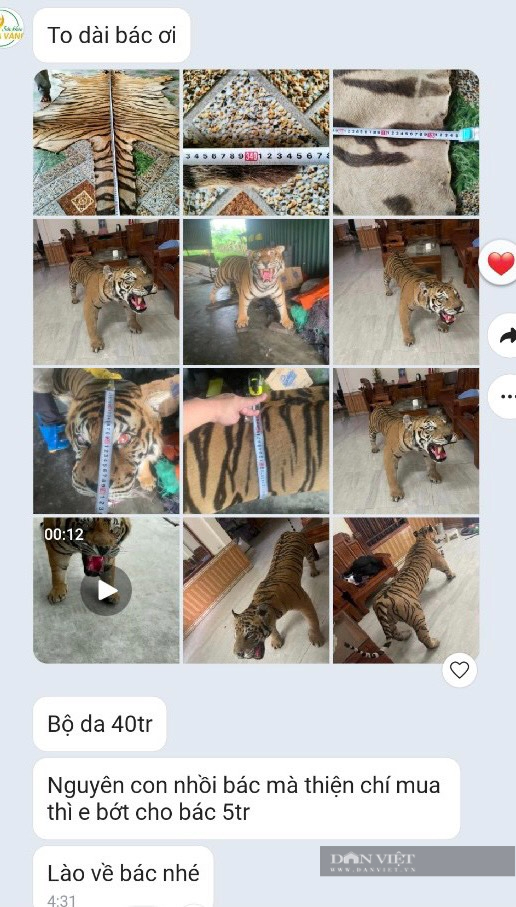
There are traffickers who cut deer horns into forks to tie strings and shoot slingshots (hiding in the shadow of art objects). Then they got acquainted with the customers and brought us into the world of illegal goods.
Other traffickers would join groups that facilitated the exchange of antique goods and promoted the recently collected antique deer and antler horns. After the customers were lured into the trap, they would be brought to the houses of tiger bosses where tigers were stripped of their skin and hung on the wall. They said, “I have a brother who owns a tiger farm in Laos with a few hundred tigers. I always go there to cook tiger bone glue.”
Traders of tigers, bears and civets in the Central Highlands stalked us when we made an appointment in Kon Tum city. They made an appointment to go to a cafe, then disguised themselves (the two sides did not know each other’s faces) to monitor the vehicles, words, manners and numbers of their partners… to improvise.
Some said bluntly: “I doubt you guys. We still stop trading.” Some never answered the phone. Some traffickers would bring many people in many provinces (in their group) and then try to analyze the gaps that the partner may have: “Where is your hometown? What does that hometown have? What do you buy? Whom do you buy those goods from? What is the seller’s name? How much does it cost? Where will the goods go?”
If you had abundant knowledge, you would be a trader. If you knew nothing, you would be an investigation officer. Many traffickers requested to take a picture with us before continuing with our big business. They would use the partners’ pictures to upload onto the groups and warn members to stay away from the partners or deal with them if encountered in real life!
Social networks have the function of unsending videos and photos. Thus, after seeing the notification that the partners have seen the message, the traffickers would often unsend the materials. The first reason is to hide their identities, even though the pictures have been highly edited before sending. The second reason is that according to rumors, an account will be blocked if you send too many pictures that violate the community guidelines of social media.
They would never reveal their real address, even the bank accounts that make the transaction are not under their real names.
When delivering the goods, they told us bluntly that if we got caught, the punishment would be extremely severe. “You (the buyer) should be careful since tortoises, tigers, and bears were all highly sought after on the black market. You would be prosecuted if caught. Thus, I would make an appointment for goods delivery and I cannot appear. You cannot prosecute the shipper. It is fair. I will collect the money and deliver the goods to you. But my identity will never be revealed.”
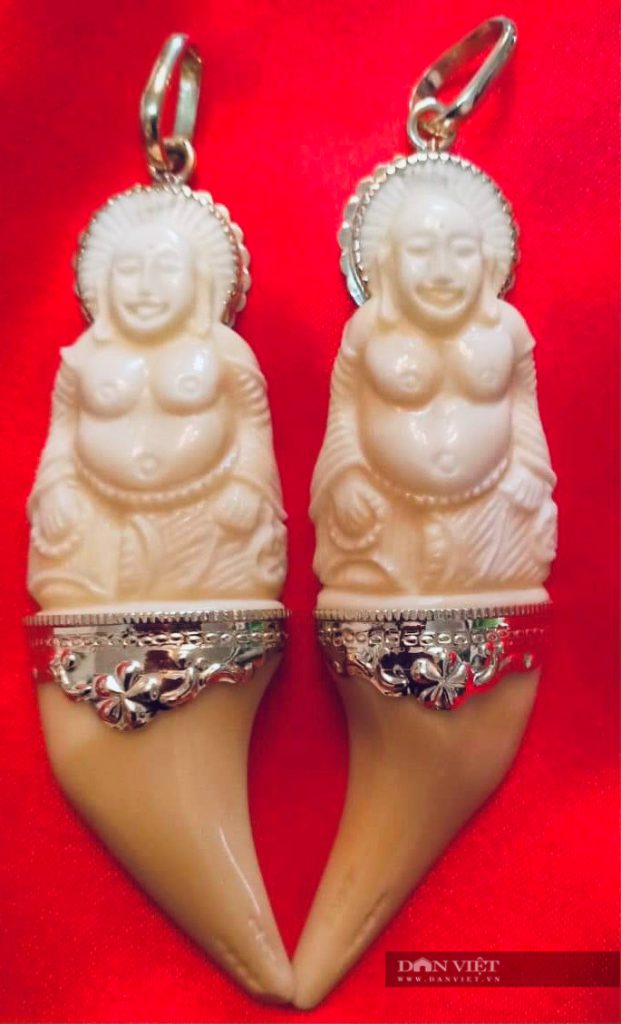
We followed the lines in Pleiku. Any goods are available. The goods will be delivered to anywhere across the nation if you buy it. They provide the bank accounts, cellphone numbers, and the place where they are keeping the goods. However, with normal investigation, normal people or their competitors can never identify the real address.
This is the basis for the existence of the trafficking lines. But this is also the key to solving the trafficking lines. This is an openly debated fact, that once the case becomes a major one, the phone number, social media account, even the bank account with materials about the illegal transactions, would be easily processed.
Awaiting for Part 2: “Shocked” after the invitation in the middle…of heaven
Source: Dan Viet News


